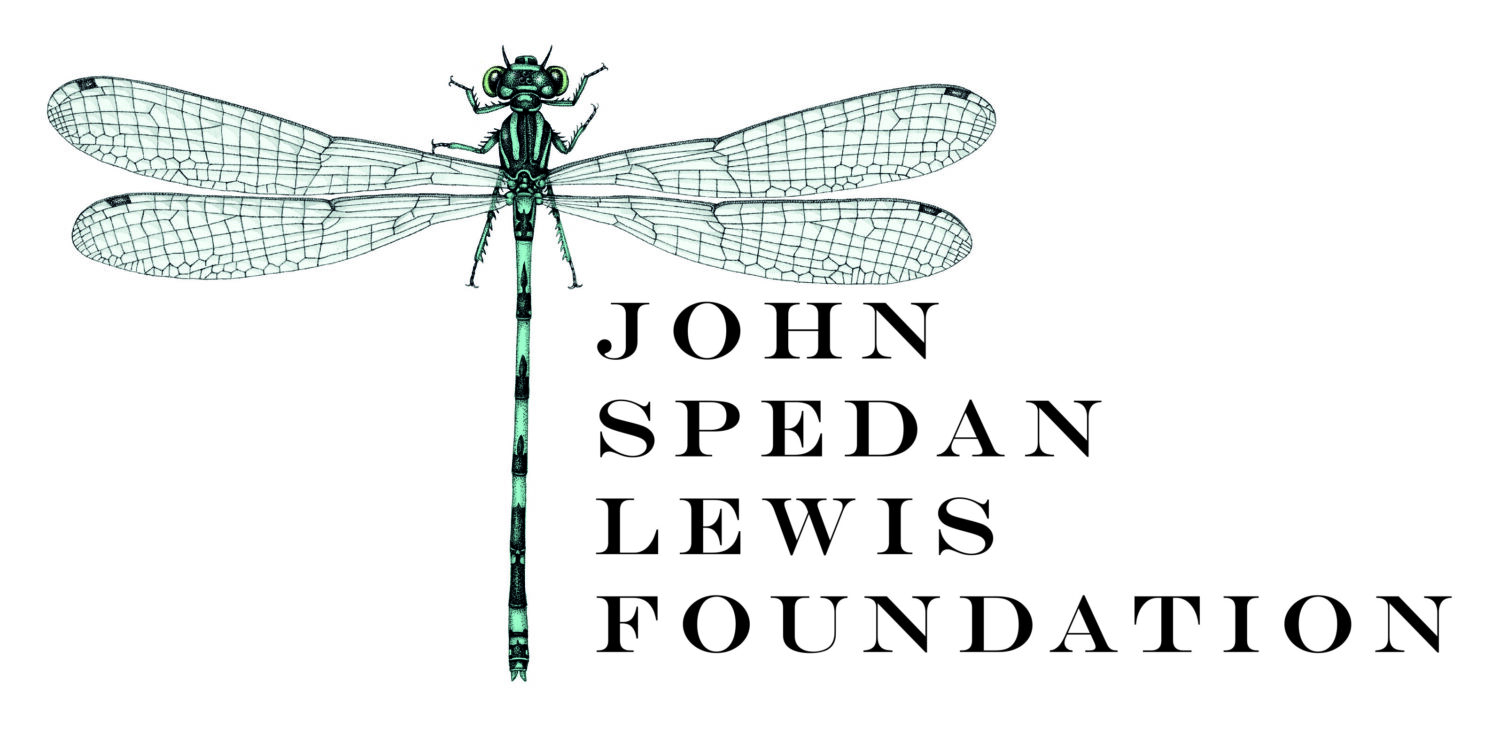This week, NHSN welcomed 25 young naturalists to a new programme dedicated to developing their skills in natural history.
Thanks to the generous support of the John Spedan Lewis Foundation and NHSN members, earlier this year, NHSN launched a new Field Identification Skills programme providing local students, young naturalists and early-career professionals with opportunities to improve their skills, grow employability and learn from experienced local naturalists.
With transport, training and resources provided, a total of ten trips will take place to various sites across Northumberland and County Durham including some of the best places to enjoy and learn about nature in our region. Continuing NHSN’s long history of field trips that have taken place since the early 19th century, participants will enjoy looking for early-season bees at Netherwitton in Northumberland, explore dazzling orchids at Bishop Middleham Quarry and Lindisfarne and have the opportunity to admire Spring Gentians and other iconic flowers at Upper Teesdale. All in addition to trips to Warkworth, Wallington, Prudhoe and many other sites. They will also have the opportunity to learn from and network with land managers, and to meet like-minded naturalists connected by a shared passion for nature.
I would love the opportunity to take part In this program because I haven’t had training in identification skills in my degree and, and as they are critical skill to have as a zoologist. I am keen to gain some experience and knowledge to feel to more confident in this area. I also would like to get to see the local nature spots that despite living near Newcastle, I haven’t yet been able to explore. This would be a great chance for me to supplement the learning I get from lectures with more practical field skills .
Isobel Oliver, Newcastle University
I am 24 years old and have studied A level Biology and completed an Access course in Science at Northumberland College and am currently volunteering with Hextol Foundation in Hexham on a gardening project. I am working towards returning to University to study biology or similar natural sciences. I have an innate interest in what I see around me on my doorstep and have observed various of the insects that have made our back their home. I would love to develop my survey and identification skills across different habitats and communities and gain a greater insight into the ecology of Northumberland and County Durham.
Fabian Byron, Young Naturalist
North East nature needs passionate young people but NHSN recognises that traditionally, there has been a lack of opportunities for young people to develop their skills and build on their interest in natural history. We also recognise that the current job market is incredibly competitive and that young people must grow their CVs to stand out – this can be difficult for many due to a lack of opportunities and often, the costs incurred. We want to help and are incredibly grateful to the John Spedan Lewis Foundation for making this exciting opportunity possible.
Celebrating the project, NHSN Director, Clare Freeman, said:
The most inspiring part of my under and postgraduate studying was always the field trips! The opportunity to learn from others, outdoors, often in wonderful locations was so much more effective for me than indoor lectures. I especially enjoyed learning from others and some of their tips and hints still stay with me. I hope that the NHSN Field Skills Programme can provide a similarly positive experience.
On behalf of NHSN, a huge ‘thank you’ to the John Spedan Lewis Foundation for making this exciting opportunity possible.
The first trip of the Field Skills Programme will take place to Allenheads on Saturday 13 April where attendees will have the opportunity to learn about early-season bees from local entomologists, Louise Hislop and Gordon Port. For updates from the programme, and to see what participants discover, please keep an eye on NHSN’s social media channels.
During my undergraduate and masters degrees there weren’t many opportunities to learn identification skills but it has always been something I’ve wanted to improve. As well as studying for my PhD at Northumbria University, I also regularly volunteered for Northumberland Wildlife Trust and ERIC North East. Each summer whilst carrying out practical conservation tasks I have enjoyed learning to identify one or two new species from other volunteers. This course would be a fantastic opportunity to learn from local experts and dedicate more time to improving this skill whilst contributing to new wildlife records.
Isis Nicholson, Northumbria University
